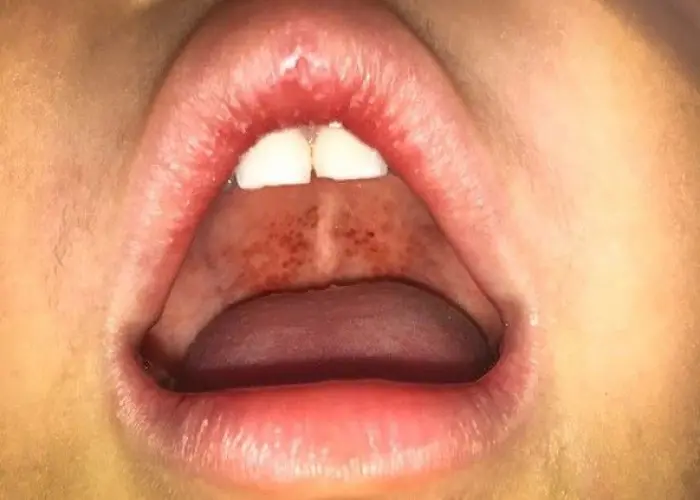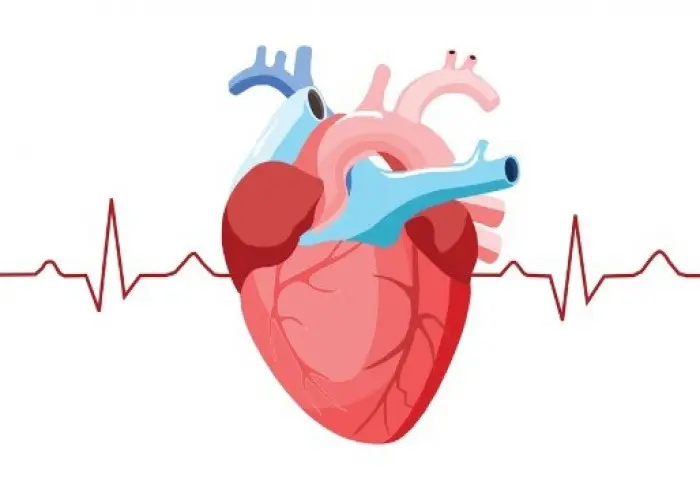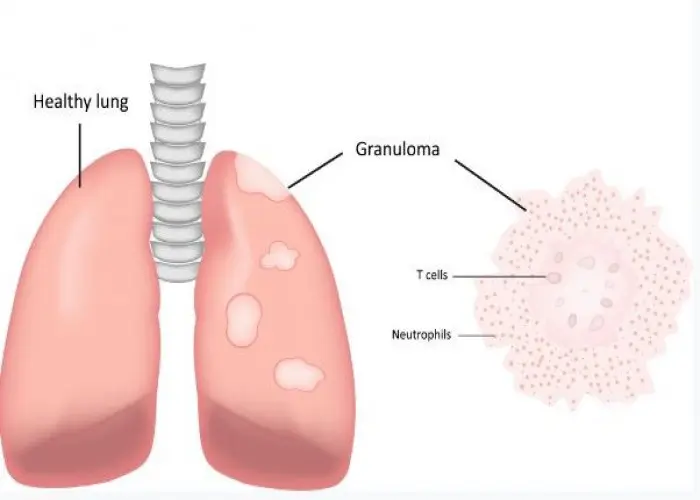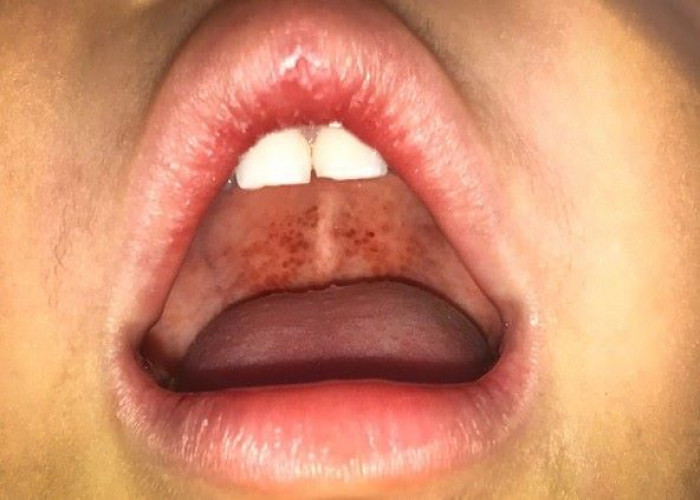 Welcome
Welcome
“May all be happy, may all be healed, may all be at peace and may no one ever suffer."
Diphtheria

Diphtheria is a bacterial infection caused by the Corynebacterium diphtheriae bacterium. It is a potentially life-threatening disease that mainly affects the respiratory system, but can also affect other organs such as the heart, kidneys, and nervous system.
The primary symptom of diphtheria is a thick grayish-white coating that forms in the throat and can obstruct breathing. Other symptoms may include fever, sore throat, difficulty swallowing, and a general feeling of malaise. In severe cases, the infection can produce a toxin that can cause complications such as heart failure and nerve damage.
Diphtheria is spread through respiratory droplets and close contact with infected individuals or contaminated objects. The disease is most common in crowded or unsanitary conditions, and is more prevalent in areas with low vaccination rates.
Diagnosis of diphtheria typically involves a physical exam and laboratory tests to confirm the presence of the bacterium or its toxin. Treatment typically involves administration of antitoxin, antibiotics, and supportive care to manage symptoms and complications.
Prevention of diphtheria is primarily achieved through vaccination. The diphtheria vaccine is typically given as part of the routine childhood vaccination schedule, and requires periodic boosters throughout life.
In conclusion, diphtheria is a potentially life-threatening bacterial infection that primarily affects the respiratory system, but can also affect other organs. Symptoms include a thick grayish-white coating in the throat, fever, sore throat, and difficulty swallowing. Treatment typically involves antitoxin, antibiotics, and supportive care. Prevention is achieved through vaccination. If you suspect that you or someone you know may have diphtheria, it is important to seek medical attention immediately to receive a proper diagnosis and treatment.
Research Papers
Disease Signs and Symptoms
- Throat pain
- Fatigue (Tiredness)
- Fever and chills
- Nasal discharge
- Rapid breathing
- Difficulty breathing (dyspnea)
- Swollen glands
- Hoarseness
- Swollen throat
- Sore throat
- Dry or sore throat and hoarseness
Disease Causes
Diphtheria
Diphtheria is caused by the bacterium Corynebacterium diphtheriae. The bacterium usually multiplies on or near the surface of the throat or skin. C. diphtheriae spreads through:
- Airborne droplets. When an infected person's sneeze or cough releases a mist of contaminated droplets, people nearby may inhale C. diphtheriae. Diphtheria spreads easily this way, especially in crowded conditions.
- Contaminated personal or household items. People sometimes catch diphtheria from handling an infected person's things, such as used tissues or hand towels, that may be contaminated with the bacteria.
- Touching an infected wound also can transfer diphtheria-causing bacteria.
People who have been infected by the diphtheria bacteria and who haven't been treated can infect people who haven't had the diphtheria vaccine — even if they don't show any symptoms.
Disease Prevents
Diphtheria
Before antibiotics were available, diphtheria was a common illness in young children. Today, the disease is not only treatable but also preventable with a vaccine.
The diphtheria vaccine is usually combined with vaccines for tetanus and whooping cough (pertussis). The three-in-one vaccine is known as the diphtheria, tetanus and pertussis vaccine. The latest version of this vaccine is known as the DTaP vaccine for children and the Tdap vaccine for adolescents and adults.
The diphtheria, tetanus and pertussis vaccine is one of the childhood vaccinations that doctors in the United States recommend during infancy. Vaccination consists of a series of five shots, typically administered in the arm or thigh, given to children at these ages:
- 2 months
- 4 months
- 6 months
- 15 to 18 months
- 4 to 6 years
The diphtheria vaccine is effective at preventing diphtheria. But there may be some side effects. Some children may experience a mild fever, fussiness, drowsiness or tenderness at the injection site after a DTaP shot. Ask your doctor what you can do for your child to minimize or relieve these effects.
Complications are very rare. In rare cases, the DTaP vaccine causes serious but treatable complications in a child, such as an allergic reaction (hives or a rash develops within minutes of the injection).
Some children — such as those with epilepsy or another nervous system condition — may not be able to get the DTaP vaccine.
Booster shots
After the initial series of vaccinations in childhood, you need booster shots of the diphtheria vaccine to help you maintain your immunity. That's because immunity to diphtheria fades with time.
Children who received all of the recommended vaccinations before age 7 should receive their first booster shot at around age 11 or 12. The next booster shot is recommended 10 years later, then repeated at 10-year intervals. Booster shots are particularly important if you travel to an area where diphtheria is common.
The booster is given as a Tdap vaccine or as a diphtheria booster combined with the tetanus booster — the tetanus-diphtheria (Td) vaccine. This combination vaccine is given by injection, usually into the arm or thigh.
Tdap is an alternative vaccine for adolescents ages 11 through 18 and adults who haven't previously had a Tdap booster. It's also recommended once during pregnancy, regardless of previous vaccinations.
Talk to your doctor about vaccines and booster shots if you're unsure of your vaccination status. A Tdap vaccine may also be recommended as part of the Td series for children ages 7 through 10 who aren't up to date with the vaccine schedule.
Disease Treatments
Diphtheria is a serious illness. Doctors treat it immediately and aggressively. Doctors first ensure that the airway isn't blocked or reduced. In some cases, they may need to place a breathing tube in the throat to keep the airway open until the airway is less inflamed. Treatments include:
- Antibiotics. Antibiotics, such as penicillin or erythromycin, help kill bacteria in the body, clearing up infections. Antibiotics lessen the time that someone with diphtheria is contagious.
- An antitoxin. If a doctor suspects diphtheria, he or she will request a medication that counteracts the diphtheria toxin in the body. This medication comes from the Centers for Disease Control and Prevention. Called an antitoxin, this drug is injected into a vein or muscle.
- Before giving an antitoxin, doctors may perform skin allergy tests. These are done to make sure that the infected person doesn't have an allergy to the antitoxin. If someone has an allergy, the doctor will likely recommend that he or she not get the antitoxin.
Children and adults who have diphtheria often need to be in the hospital for treatment. They may be isolated in an intensive care unit because diphtheria can spread easily to anyone not vaccinated against the disease.
Preventive treatments
If you've been exposed to a person infected with diphtheria, see a doctor for testing and possible treatment. Your doctor may give you a prescription for antibiotics to help prevent you from developing the disease. You may also need a booster dose of the diphtheria vaccine.
People found to be carriers of diphtheria are treated with antibiotics to clear their systems of the bacteria as well.
Disease Diagnoses
Disease Allopathic Generics
-
Benzyl Penicillin
Corynebacterium diptheriae is the cause of diphtheria, so antibiotics should be given to kill this bacterium. In this case Benzylpenicillin 10 lac units should be given intravenously/intravenously every 6 hours. At least 7 days.
If the patient is allergic to Penicillin then Erythromycin should be treated, or everyone can be treated with Erythromycin containing medicine.
-
Erythromycin (Oral)
If the patient is allergic to Penicillin then Erythromycin should be treated, or everyone can be treated with Erythromycin-containing medicine.
-
Diphtheria + Pertussis + Tetanus [DPT]
Nowadays a child is given the DUP vaccine. Proper vaccination will prevent diphtheria.
Disease Ayurvedic Generics
Disease Homeopathic Generics
Disease yoga
Diphtheria and Learn More about Diseases

Heart disease

Gastrogenous Diarrhoea

Glioma

Chest pain

Granulomatosis with polyangiitis

Muscle strains

Vascular dementia

Back pain
diphtheria, ডিপথেরিয়া
To be happy, beautiful, healthy, wealthy, hale and long-lived stay with DM3S.
